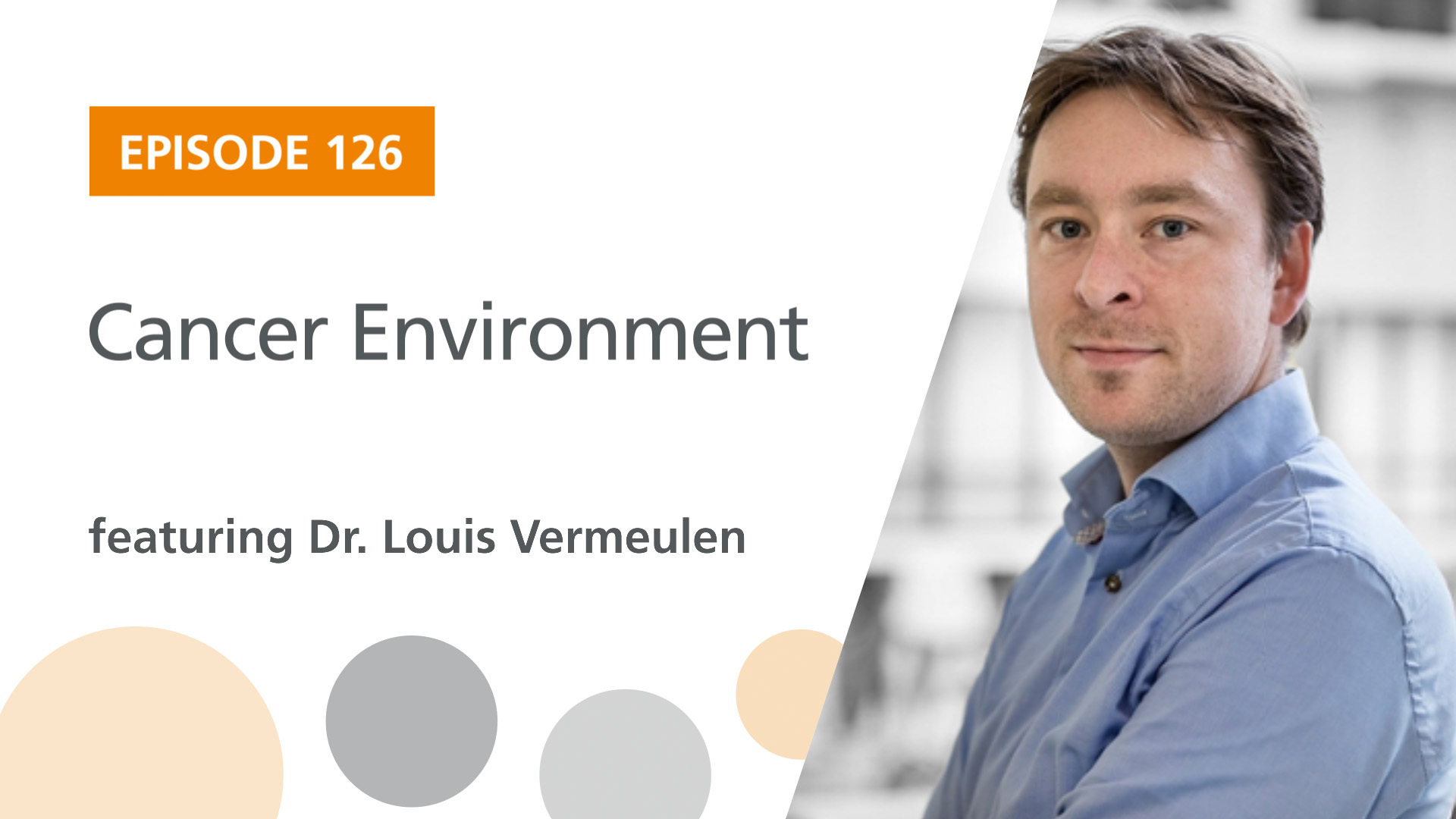
Podcast: Play in new window
Guest:
Dr. Louis Vermeulen is a Principal Investigator at the Center for Experimental Molecular Medicine at the Academic Medical Center in Amsterdam, and the New York Stem Cell Foundation, where he is focusing on the role of stem cells in colorectal cancer development and progression. He aims to develop improved preventative strategies and novel therapies for this disease by studying the effects of genetic mutations on the behavior of stem cells in the gut.
Resources and Links
Recount of the Human Genome – A recount of human genes increases the number to at least 46,831. The new estimate is based on a broader definition a gene.
Bias in Studying the Genome – Despite the Human Genome Project having heralded the exploration of previously unknown human genes, the focus of genetic studies remains narrow.
Obesity Can Harm Learning and Memory – Obesity may prod immune cells to nibble parts of nerve cell connections called synapses, a mouse study suggests.
A New Antibiotic to Kill Superbugs – A new drug can wipe out strains of common bacteria that have resisted treatment to multiple other antibiotics, including Pseudomonas aeruginosa, which can cause urinary tract or respiratory infections.
Glial Cells Prevent Tau Pathology – By preventing the accumulation of senescent cells in the brain, scientists were able to diminish tau protein aggregation, neuronal death and memory loss.
Software for Personalized Leukemia Treatments – Early findings from a new study could help in the development of immune-based treatments personalized to people with acute myeloid leukemia who are undergoing stem cell transplantation.
Stem Cells to Save Rhino Species – A second rhino has become pregnant this year through artificial insemination at the San Diego Zoo Safari Park. Scientists reprogrammed cryopreserved rhino cells and matured them into germ cells to be used for the insemination.
Gene Therapy via Skin to Protect from Cocaine Over Dose – A new study shows that epidermal stem cells, modified via CRISPR and transplanted back to donor mice, can protect addicted mice from cocaine-seeking behavior and overdose.
Photo Reference: Courtesy of Dr. Louis Vermeulen

